Writing a Postcard
I’ve been in a funk this summer, and feeling, frankly, as though all this writing is pointless. Aren’t there already enough books in the world? Despite good friends, despite a class in which I was assigned to write one metaphor per day. (Which can also be similes, “This weird funk, purple like Puget Sound at dusk,” or brilliant word substitutions: “A blue funk washed over me.”) Despite walks. Despite baking many loaves of sourdough bread.
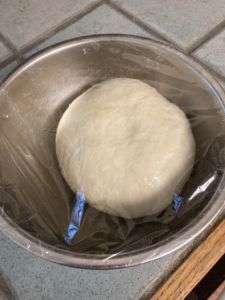 But it is August, and that means POPO, or POetry POstcard Fest. I don’t always sign up for August, as I participate in my friend Carla’s February postcards event each year. But this year, August postcards feels like a good idea. Somewhere I have a quote written down, about letting go of expectations and big-picture goals and doing just the one next right thing. The metaphors can be that next right thing; the postcards can be that next right thing.
But it is August, and that means POPO, or POetry POstcard Fest. I don’t always sign up for August, as I participate in my friend Carla’s February postcards event each year. But this year, August postcards feels like a good idea. Somewhere I have a quote written down, about letting go of expectations and big-picture goals and doing just the one next right thing. The metaphors can be that next right thing; the postcards can be that next right thing.
Carla’s postcard month is about peace — the idea being that if you want more of something in your world, then you can begin by putting more of it into your world. I like the idea of writing all month on a theme, and in February I wrote about peace, but also about my marriage and gratitude. (The original had the word peace embedded in it somewhere.)
Violinist at the Window
—Henri Matisse, 1918
Shades of ochre and orange
make me think of the grapefruit
my husband bought yesterday
at the market, and of the grapefruit spoon,
a Valentine’s Day gift,
used this morning at breakfast.
The song Matisse’s violinist plays
is Chopin, a prelude, or maybe a nocturne,
and those make me think, too,
of my husband. Notes lifting
from the violin, both sweet and tart.–Bethany Reid
This morning, in my attempts to distract myself, I drifted over to a couple favorite blogs: one being Rita’s Notebook, the other,  photographer Loren Webster’s In a Dark Time… After reading other people’s words, I can tell myself, “See, someone is reading. It does matter.” You don’t have to be Stephen King or James Patterson to have readers.
photographer Loren Webster’s In a Dark Time… After reading other people’s words, I can tell myself, “See, someone is reading. It does matter.” You don’t have to be Stephen King or James Patterson to have readers.
Then I visited my old blog, One Bad Poem, and reread posts from around the time of my father’s death. I had a houseful of teenagers! And I was teaching! And I kept writing! Gratitude was splashing all over me. So many farm pictures, so many stories and scraps of poems…
When you write a poem on a postcard and mail it, you know that you have at least one reader.
So this August, in addition to wanting a little more kindness and generosity toward my own writing life (from me, I mean), I’m asking myself, what else do you want more of in the world, Bethany? That’s what I’ll be writing about. And so here I am, writing it down again, and feeling grateful for you, reading these words (grateful for comments and emails, too).
Next, another loaf of sourdough bread.

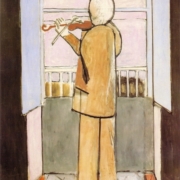


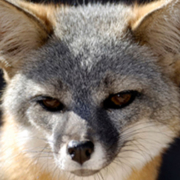
 for book structure. Even though my ms. Is almost there, I’m still reading other poets’ books, and this week I am reading two books by Barbara Crooker.
for book structure. Even though my ms. Is almost there, I’m still reading other poets’ books, and this week I am reading two books by Barbara Crooker.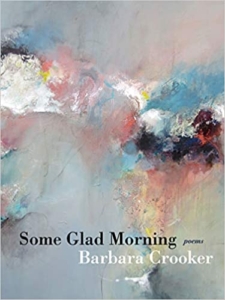 This link will take you to her poem of the week, “Covid” (which you must read), but from there you can navigate to her homepage:
This link will take you to her poem of the week, “Covid” (which you must read), but from there you can navigate to her homepage: 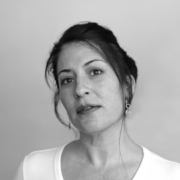
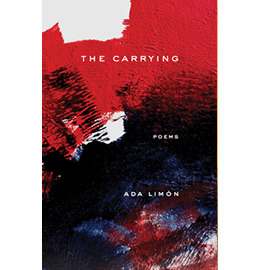 and yon over the entire poetry landscape, and I ended up buying a truckload of books. Among them,
and yon over the entire poetry landscape, and I ended up buying a truckload of books. Among them,